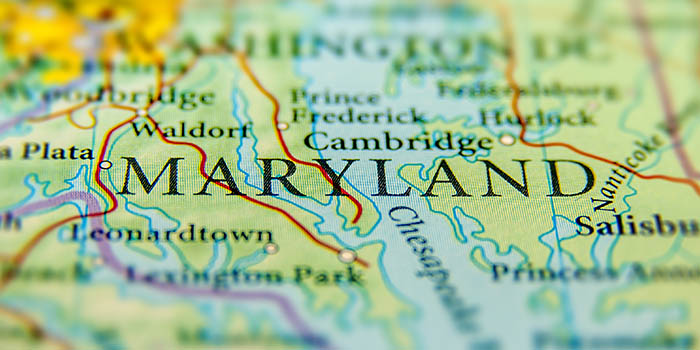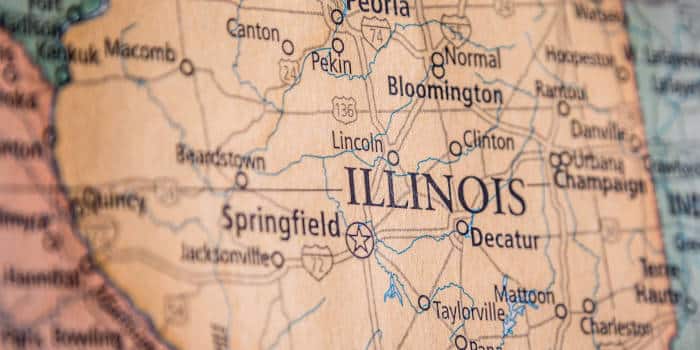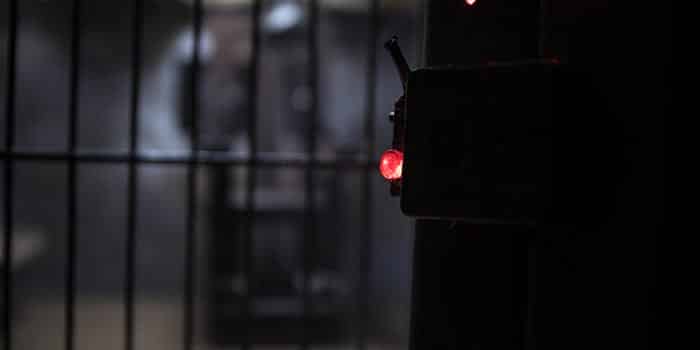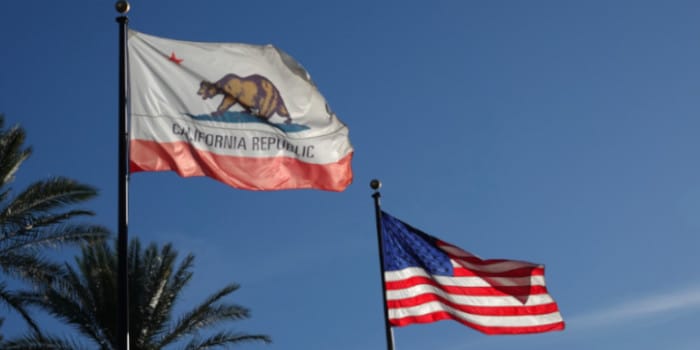- Casino
- By State
- Alabama
- Alaska
- Arizona
- Arkansas
- California
- Colorado
- Connecticut
- Delaware
- Georgia
- Florida
- Hawaii
- Idaho
- Illinois
- Indiana
- Iowa
- Kansas
- Kentucky
- Louisiana
- Maine
- Massachusetts
- Maryland
- Michigan
- Minnesota
- Mississippi
- Missouri
- Montana
- Nebraska
- Nevada
- New Hampshire
- New Jersey
- New Mexico
- New York
- North Carolina
- North Dakota
- Ohio
- Oklahoma
- Oregon
- Pennsylvania
- Rhode Island
- South Carolina
- South Dakota
- Tennessee
- Texas
- Utah
- Vermont
- Virginia
- Washington
- West Virginia
- Wisconsin
- Wyoming
- By State
- Slots
- Poker
- Sports
- Esports
Fact-checked by Angel Hristov
Second US State Considers Banning Online Sports Wagering
Maryland lawmakers have made a puzzling push toward eliminating the state’s online gambling sector, leaving only brick-and-mortar establishments operational

Maryland lawmakers are considering a significant overhaul of the state’s gaming landscape with the introduction of Senate Bill 1033, which seeks to ban online sports betting as of 1 January 2026. The bill, spearheaded by Senator Joanne Benson, proposes banning sports wagering while keeping retail sportsbooks. The bill also includes provisions to refund application fees to certain licensed operators impacted by this shift.
Sports Betting Contributes Substantial Tax Revenues
The proposal has sparket heated debates, especially considering the substantial revenue sports betting has contributed to Maryland’s economy. From July 2024 through January 2025, sports betting generated nearly $55 million in tax revenue for the state. Governor Wes Moore has advocated for a tax hike on sportsbook operators from 15% to 30% in his recent budget proposal, hoping to support Maryland’s almost $3 billion budget shortfall.
Despite this newest push to eliminate sports betting, there is little likelihood this proposal will gather the necessary support from Maryland lawmakers, given the state’s pressing financial challenges. The potential loss of millions of dollars in tax revenues has sparked concerns about how the state will cover the sudden deficit, as such a move could potentially jeopardize vital community-facing programs.
Critics have pointed out several other critical shortcomings of Senate Bill 1033. The proposed legislation does not offer clear measures to mitigate the expansion of illegal betting markets that could emerge if legal operators are prohibited. A blanket prohibition could push gamblers to unregulated offshore websites, undermining consumer protections and state revenue collection efforts.
Economic Realities Make a Full Ban Unlikely
A similar legislative effort is unfolding in Vermont, with House Bill H.133, introduced on 4 February 2025. The Vermont bill aims to prohibit online sports betting, citing concerns about the social costs of gambling and the industry’s disproportionate impact on disadvantaged communities. These goals seem to contradict the state’s ongoing initiatives to address problem gambling.
Similar to Maryland, Vermont also faces financial challenges, prompting local policymakers to question whether it is wise to eliminate a new and growing revenue stream. Nearly 30% of Vermont’s sports betting handle comes from out-of-state players, reversing the previous trend of Vermonters crossing state lines to place wagers.
Given Maryland and Vermont’s financial pressures and the nationwide momentum toward sports betting legalization, both bills face an uphill battle. While problem gambling and social costs present legitimate concerns, economic realities suggest these bills will encounter significant opposition. Unless lawmakers can present viable alternatives for replacing lost revenues, online sports wagering is here to stay.
Related Topics:
Deyan is an experienced writer, analyst, and seeker of forbidden lore. He has approximate knowledge about many things, which he is always willing to apply when researching and preparing his articles. With a degree in Copy-editing and Proofreading, Deyan is able to ensure that his work writing for Gambling News is always up to scratch.
Previous Article

Industry
February 25, 2025
Romania’s Gambling Regulator Faces Scrutiny over Online Betting Oversight

Must Read
Industry
July 14, 2025
Senate Blocks Attempt to Reverse Gambling Tax Rule
More Articles





Lottery
July 18, 2025
Man Wins $1M from 2 Powerball Tickets

Industry
July 18, 2025
Carnival Corporation Becomes Member of AGA

Casino
July 18, 2025
Evolution on Q2 Results: “2025 Will Be a Great Year”

Industry
July 17, 2025
UEFA Bans FK Arsenal Tivat Due to Match-Fixing












